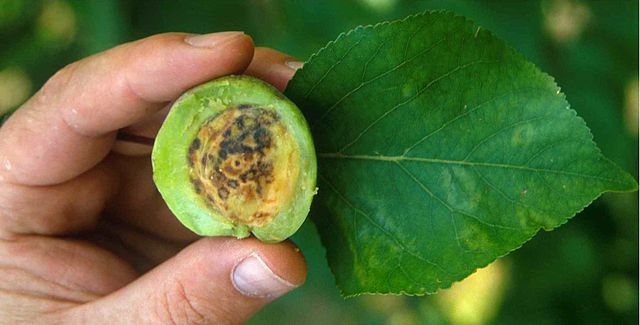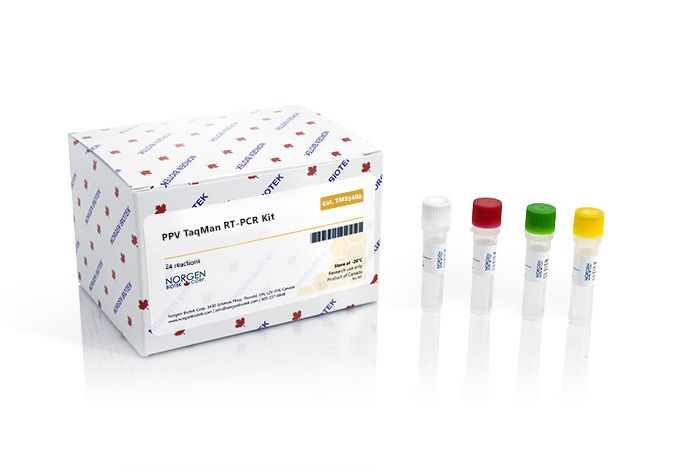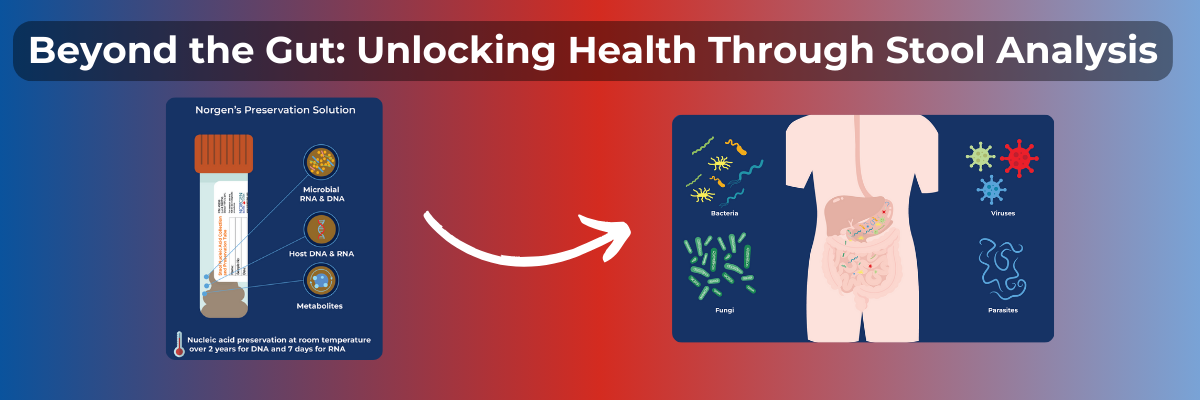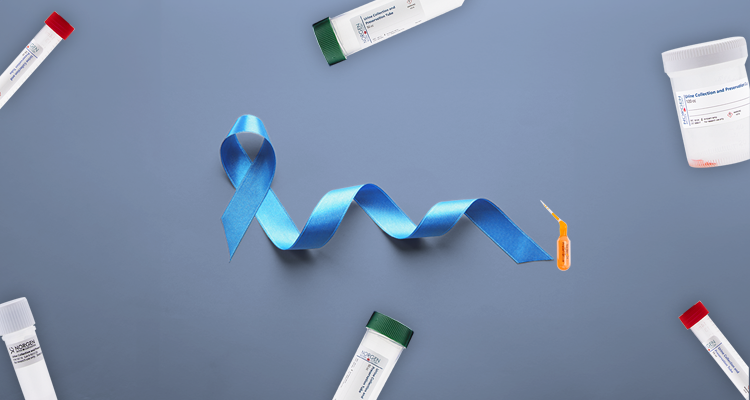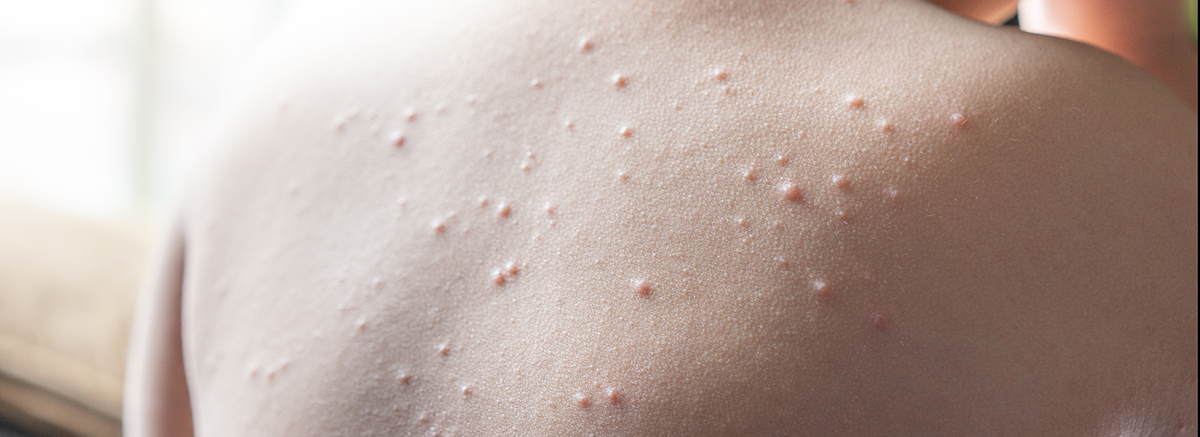What is Plum Pox Virus (PPV)?
Plum pox is a devastating viral disease that threatens Niagara’s stone fruit industry. The disease is caused by the plum pox virus (PPV) of the genus Potyvirus. Plants that are susceptible to PPV include peaches, nectarines, plums, and apricots. Symptoms of plum pox include characteristic spots or “pox” on fruit, leaves, and stems, in addition to fruit deformities, a decrease in fruit yield, and premature fruit dropping. PPV is transmitted from infected trees by aphids, grafting, or budding. There is no known cure for PPV. Rather, management is focused on the destruction of all infected trees, incurring significant economic losses.
The Plum Pox Management and Monitoring Program (PPMMP) was implemented by the Canadian Food Inspection Agency (CFIA) in 2011 to counter the negative impact of PPV on Canada's stone fruit industry. The PPMMP consists of annual monitoring of orchard and residential properties within the PPV quarantine area (in portions of the Niagara Region and Hamilton), a propagation ban, and movement restrictions imposed on susceptible plant species.
Sensitive detection is the crucial first step in the management of plum pox. Currently, the two main detection methods are immunological assays, such as ELISA, and nucleic-acid based assays, such as RT-PCR. Studies have shown that immunological methods have lower specificity due to species cross-reactivity, variability among strains, and low viral titres in plant tissue samples.1,2 As such, RT-PCR techniques constitute the gold standard for PPV detection.1
Plum Pox Virus Detection
Norgen Biotek’s PPV Detection Kits (Cat. TM33400, TM33410) offer a rapid, sensitive RT-PCR-based method for the detection of viral RNA from infected plant tissues. Norgen’s test has been adopted by the CFIA because of the assay’s sensitivity, specificity, cost efficiency, and ease-of-use, and will continue to play a key role in plum pox management within the Niagara region and beyond.
Related Products
NORBLOG
Want to hear more from Norgen?
Join over 10,000 scientists, bioinformaticians, and researchers who receive our exclusive deals, industry updates, and more, directly to their inbox.
For a limited time, subscribe and SAVE 10% on your next purchase!
SIGN UP
